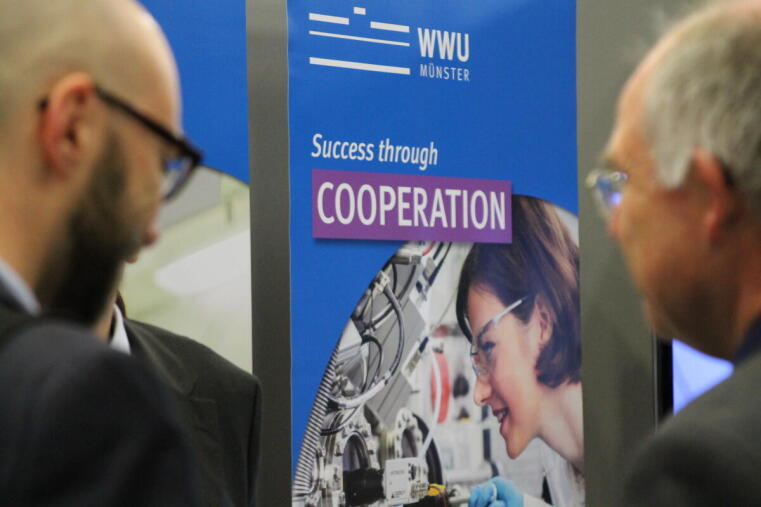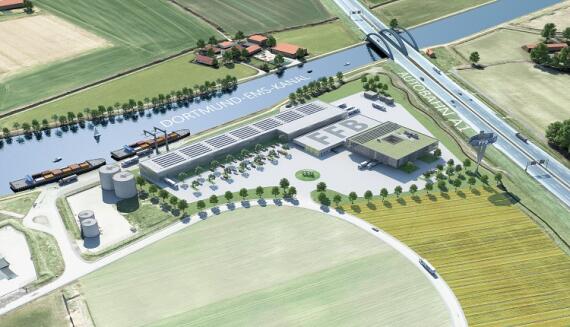MEET connects: Strength through Cooperation
MEET Battery Research Center is part of a wide-ranging national and international cooperation network which aims to develop sustainable batteries of the future. One important component is our intensive collaboration not only with leading experts in the field of battery research, but also with other scientific institutes in Germany, Europe and worldwide. The interdisciplinary network is augmented by our collaboration with industry and with small and medium-sized enterprises.
Within MEET Battery Research Center, and embedded in the scientific network of the University of Münster, there is a strong, interdisciplinary, international team of natural scientists and engineers all working together. Our work links over ten disciplines with researchers and industrial companies in 25 countries.








